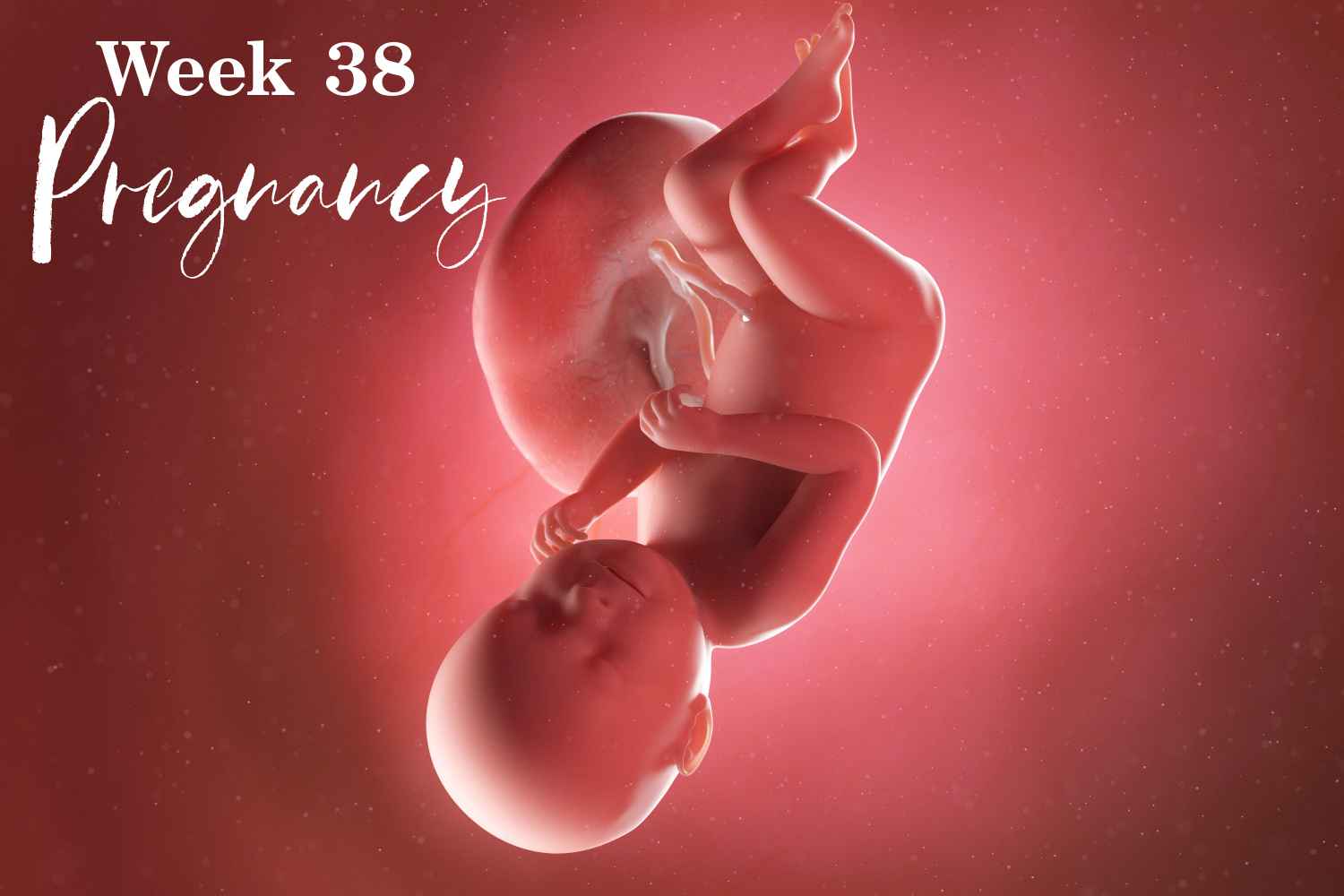
As you enter the 38th week of your pregnancy, your body will continue to experience most of the changes it has undergone in the last few weeks. Some changes can feel more intense and some discomforts can be reduced. Each pregnancy is different and you may feel differently about yourself between two of your pregnancies. So, what changes can you expect this week? Will they be something very new or will some of the old symptoms return? Come, let’s find out how does the body change during week 38 of pregnancy.
How Does Your Body Change During Week 38 Of Pregnancy?
Here are some of the changes you may experience in your 38th week of pregnancy:
1. Vaginal Gush
The increasing blood flow and fluctuating hormones can increase your vaginal discharge. You may feel a lot of discharge and even mistake it for your mucus plug. The vaginal discharge will be of thin consistency. It may be slightly yellow or white, unlike the mucus plug.
What to do?
Do not worry; an increase in vaginal discharge during pregnancy is very common. You can wear a panty liner or a thicker panty if the wetness makes you uncomfortable. Clean yourself well every time you use the toilet (which can be quite frequent at this stage).
2. Loss Of Mucus Plug
Many women can lose their mucus plug during this week. The mucus plug is what closes the cervical opening, protecting the baby from germs and preventing the baby from coming out of the uterus.
Now that it is almost time for the baby’s delivery, the cervix will start ripening and the opening will soften. When the mucus plug comes off, you may see some blood along with the mucus. Unlike the vaginal discharge all these weeks, the mucus plug will have a little red, brown, or pink blood. The consistency will be gel-like, unlike the watery vaginal discharge.
What to do?
If you lose your mucus plug slowly, there is nothing to panic about. If you lose all the mucus in one go, you need to go to the hospital or your doctor’s clinic right away. You may go into labor anytime soon. Consult your doctor or midwife immediately, even if you don’t have any contractions.
3. Diarrhea
The changing hormones could trigger bowel movements. They can also make you more sensitive to certain food ingredients or items. If you are eating outside food frequently, it can be a stomach bug, as your immunity is low and you are more prone to such infections.
What to do?
Avoid foods that trigger your bowel movements. If it is severe diarrhea, consult your doctor immediately, as it can lead to dehydration and affect the electrolyte balance.
4. Skin Irritation
The increasing blood flow can make your skin itchy. You may be scratching more near the veins. Your skin can also break more easily, as it is very delicate and sensitive. Even your clothing or the products you use can irritate your skin at this advanced stage of pregnancy. If you are sweating more, it can also increase your skin irritation.
What to do?
You can use some lotions and powders to calm the itchy area. Do not try new skin care products as your skin can react to the ingredients very easily. If you are having an allergic reaction to some product, change it. Your skin can develop a new allergy even to products you use regularly. If this doesn’t help, check the food you eat, it could be some food allergy.
5. Sensitive
You may find yourself reacting more strongly than you intended. The fluctuating hormones can make your moods and reactions very unpredictable. You may become more sensitive in the last few weeks of pregnancy. Overall anxiety and mental pressure can also be responsible for this heightened sensitivity.
What to do?
It can be very difficult to predict when you feel more sensitive than usual. If you feel yourself reacting more strongly, consciously control or withdraw yourself from the situation. Move to a calmer location and take deep breaths to calm yourself down. Talk to your loved ones rather than holding it all in and stressing out.
6. Other Symptoms
Some of the other changes you may continue to experience, like you did in the past few weeks, are:
- Enlarged / leaky breasts
- Nesting instinct
- Braxton-Hicks contractions
- Swelling in feet and ankles / Edema
- Pelvic pain
- Leg cramps
- Varicose veins
- Changes in fetal activity
- Hemorrhoids
- Clumsiness
- Frequent urination
- Insomnia/ Sleeping difficulty
- Acidity/heartburn
- Stretch marks
- Pregnancy brain
You may or may not experience these changes, as mentioned above. Every pregnancy is different and it is perfectly okay if you don’t feel any of these changes or go through something entirely different. Always consult your doctor about your concerns rather than stressing over them.
Happy Pregnancy!
Read Also: How Does Your Body Change During Week 39 Of Pregnancy?
